Viola "Rococo": characteristics and features of cultivation
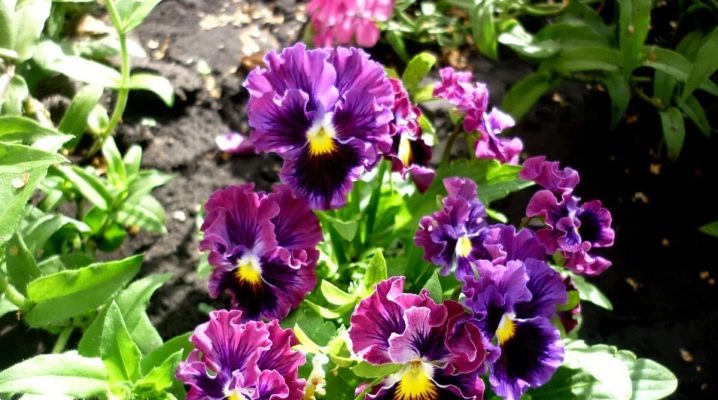
In modern gardening, there are many varieties of beautiful plants, with which you can refine not only the plot, but also the balcony. Viola can be attributed to such universal "living decorations". The flower is also affectionately called pansies or multi-colored violet. Viola "Rococo" is one of the most beautiful varieties. This is an amazing mixture with buds of various shades and petals crimped around the edges. Having planted her once, you will not be able to part with her under any circumstances!
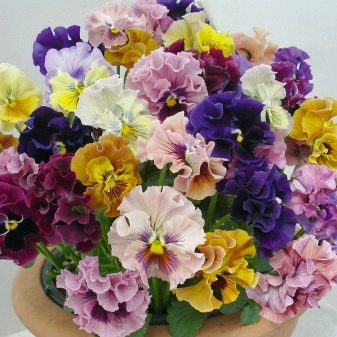

Description
The Rococo variety is a wonderful mix of abundantly flowering violets with large inflorescences (up to 6 cm) of various colors. The characteristic features of this plant include:
- reaches a height of 15–20 cm;
- differs in unpretentiousness, perfectly tolerates winter;
- both one-, biennial and perennials are grown;
- can be transplanted in a flowering state;
- ideal for decorating flower beds, borders and landscaping balconies or flowerpots;
- flowering period - from early summer to late autumn;
- looks great when cut, so flowers are used to create miniature bouquets.
Viola "Rococo" is a wonderful "lace" decoration for flower beds and balconies.
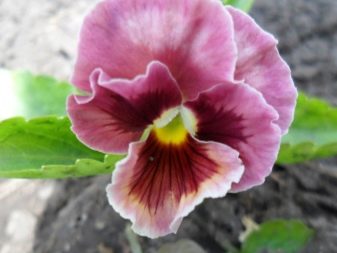
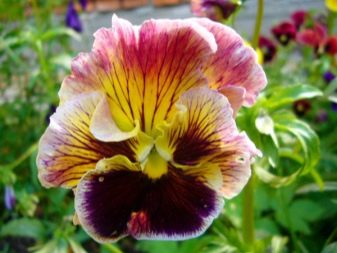
Sowing subtleties
Growing from seeds of tender viola begins in the last decade of February. Also, sowing for seedlings can be done in early March. Violets are planted in open ground in the first month of the calendar summer (June) or at the very end of May.
Seeds are carefully sown in containers, boxes or other containers, making shallow holes, while the distance between them should be within 5-7 cm. They require moisture-consuming, loose soil. Peat tablets are an excellent solution for growing fragile violets. Before sprouting, the seedlings are placed in a dark place and covered with foil. The soil must be ventilated periodically.
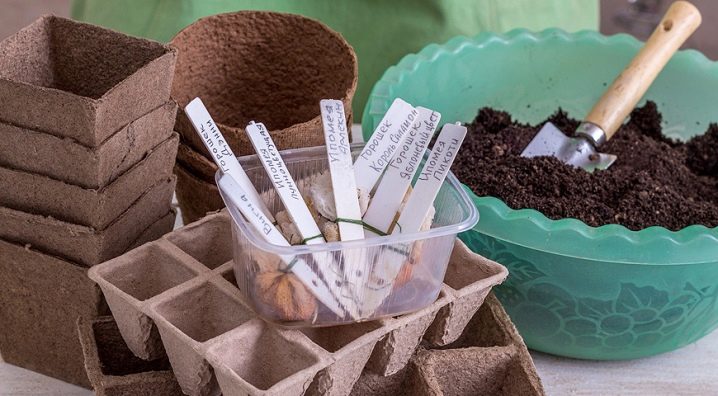
Pansies love moisture, so water your seedlings liberally without being fanatic. Excess water is also undesirable, as the root system can rot or get sick with fungus. In addition, seedlings must be sprayed with a spray bottle.
The first shoots should appear after 12-14 days. After the “birth” of 1–2 formed leaves, a pick is made. Seedlings are transplanted into separate containers - small plastic cups.
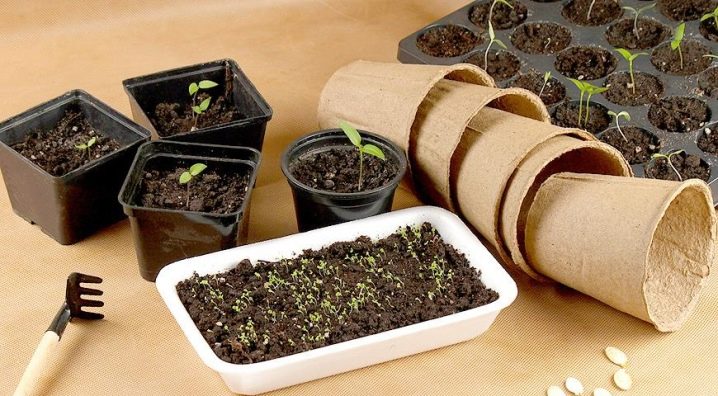
As for open ground, in this case, the seedlings should be at a distance of 25-30 cm from each other.
Growing and caring
Viola variety "Rococo" loves illuminated areas, which must be darkened from aggressive midday sun rays. It grows especially well under young trees (mostly fruit trees) with a rather sparse crown. Balconies facing east or west are decorated with flowers of unusual color. In the south, the viola will show lush bloom only before the onset of the sizzling heat (June - July).
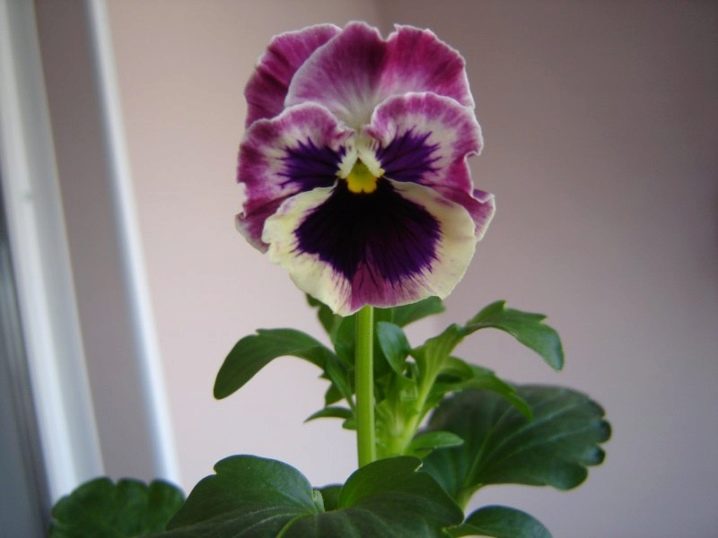
The basic rules for caring for the Rococo viola include:
- regular watering;
- weeding and loosening;
- top dressing;
- preparation for the winter period.
Despite the obvious unpretentiousness, viola requires keeping the soil moist and needs constant loosening, since the roots of the plant are on the surface (buried in the soil only 15–20 cm). Remove wilting blossoms in time to keep the violet in bloom.
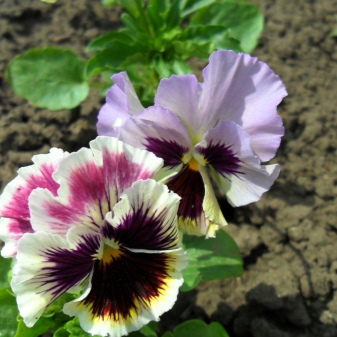
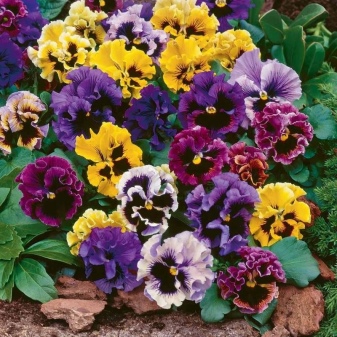
As for feeding, the following should be noted: this variety does not accept fresh fertilizers (organic).
Therefore, it is carried out with mineral mixtures containing the NPK complex.Thanks to him, the viola will delight you with lush and active flowering. When grown on the balcony, fertilizing is applied every week, on the site the plant is fertilized once every three weeks. With the onset of subzero temperatures, the viola growing in the garden is covered with dry foliage or spruce branches. The plant is opened in early spring.
The following video will help you understand all the intricacies of growing viola.


























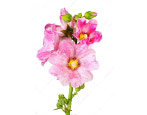




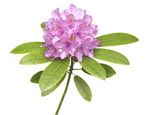





































































The comment was sent successfully.